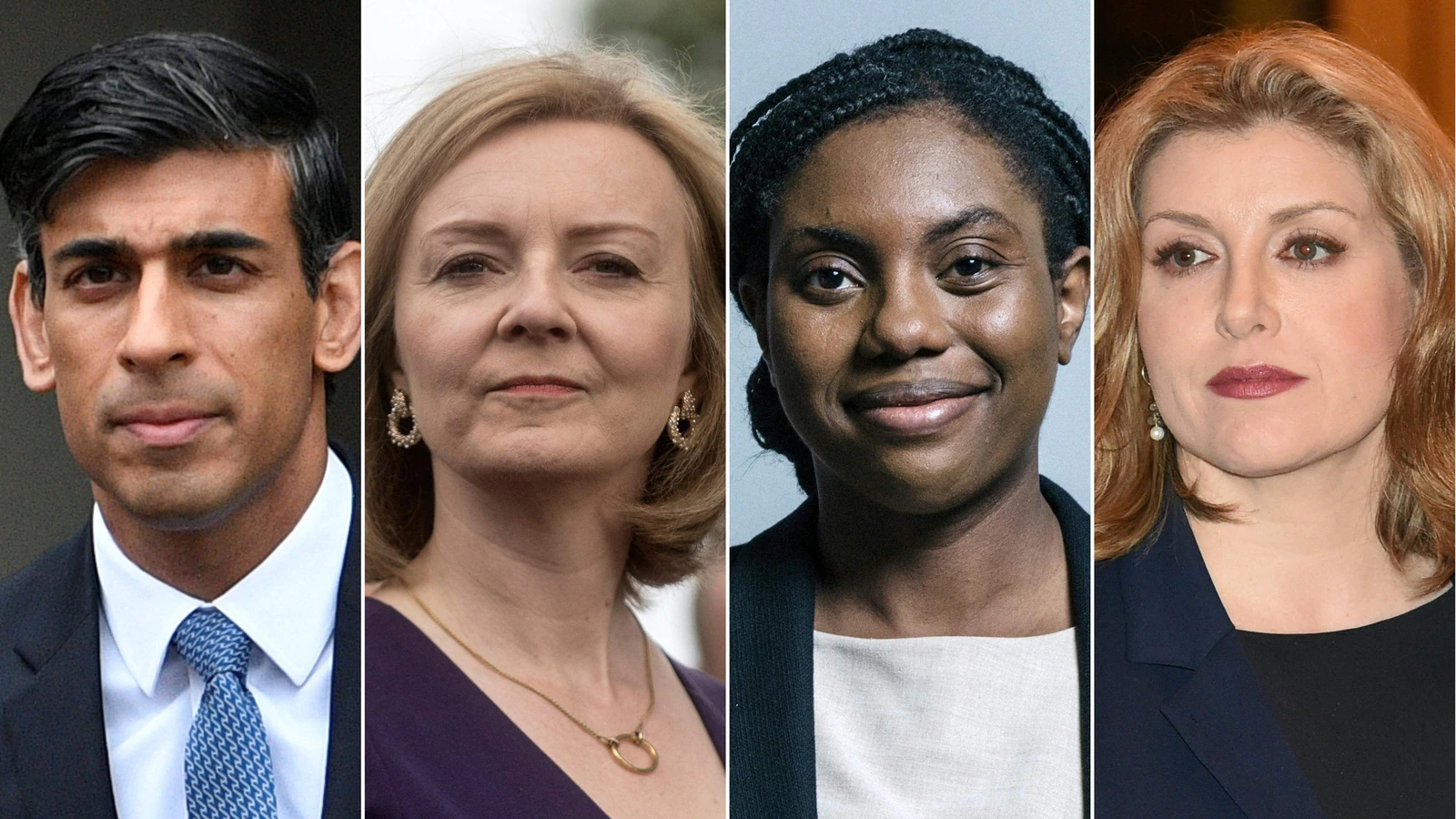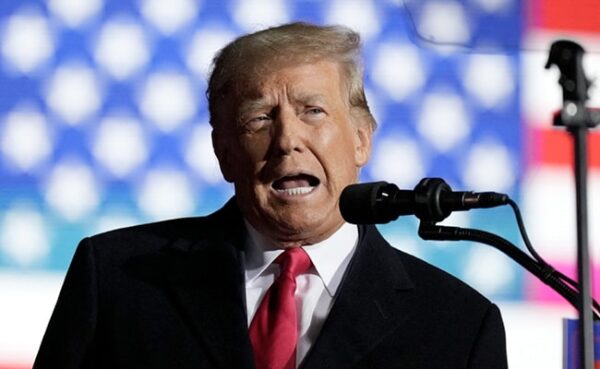Former British Finance Minister Rishi Suna held her lead in the race to become the next British Prime Minister on Monday when other hopes were eliminated, leaving four candidates in an increasingly bitter contest to replace Boris Johnson.
Sunda received 115 votes in the voting of the three conservative parliament members on Monday, in front of former Defense Minister Penny Mordaunt in 82 and Foreign Minister Liz Truss in 71.
Because Johnson said he would resign earlier this month after the scandal administration covered by the scandal lost support from many people in the ruling conservative party, the race to replace him had taken a bad turn with several competitors who burned them in the pioneer of Sung.
He has faced criticism of everything starting from his records in government to his wife’s wealth by those who compete to reach the time limit between the last two candidates, with the Foreign Minister of Truss and Mordaunt, at this time a junior trade minister, most likely most likely opponents.
Chairman of the Foreign Affairs Committee Tom Tugendhat, a former soldier and critic Johnson who never had a role in government, was eliminated from the leadership contest on Monday, after securing the votes at least 31ormer Minister of Equality Kemi Badenoch ranks fourth in the vote with 58 votes.
358 members of the conservative party parliament who will seize the field to the two final this week, eliminating candidates with the least votes each time. The next voting results are due on 1400 GMT on Tuesday.
A new prime minister will later be announced on September 5, after 200,000 members of the conservative party gave a post ballot during the summer.
The race has become a focus on promises, or non-plenedges, to cut taxes, when the British economy is filled with sprip inflation, high debt and low growth that makes people with the most stringent pressure on their finances in decades.
Truss also received criticism because he said he would change the mandate of the Bank of England.
On the debate broadcast by television on Sunday, the candidates attacked each other on their records, and Truss and Sung pulled out of the third debate planned on Tuesday, amid concerns among the conservatives about candidates who attacked their party colleagues .
“The nature of the conservative party is to have a strong debate and then fused as soon as a new leader was chosen. I did not hesitate that the same thing would happen on this occasion,” former conservative minister David Jones told Reuters.
Sakah extended his superiority over Mordaunt, who lost his support and registered one less vote than he had in the second half.
Bookmaker Ladbrookes said on Monday Truss, which got seven more votes in the third round than he had in the second half, now the second favorite, in front of Mordaunt but behind S in the siake.
The Truss campaign tries to support their arguments for lower taxes by quoting reports by the Economic and Business Research Center, a private sector think tank, showing that there is more space to maneuver from higher tax revenue.
But a top bank of England official, Michael Saunders, pushed back his suggestion that the government must determine the “clear direction of travel” for monetary policy, by saying the basis of the British framework is at least touched.
The government is very clearly not setting the direction of the trip for monetary policy,” Saunders, one of the nine members of the Monetary Policy Committee, said that at the London Resolution Foundation.




